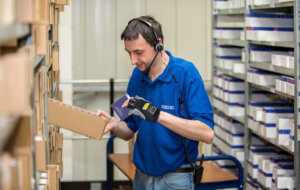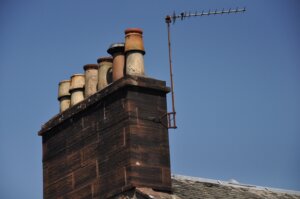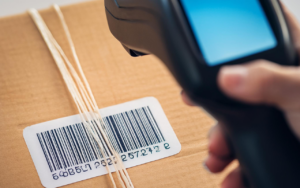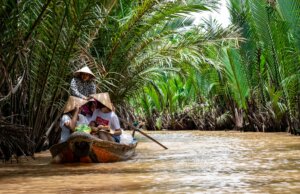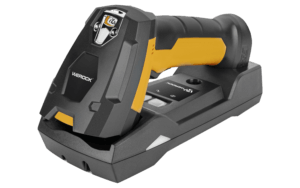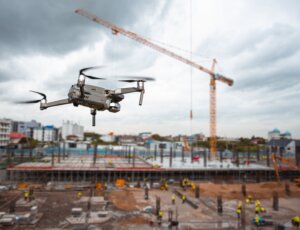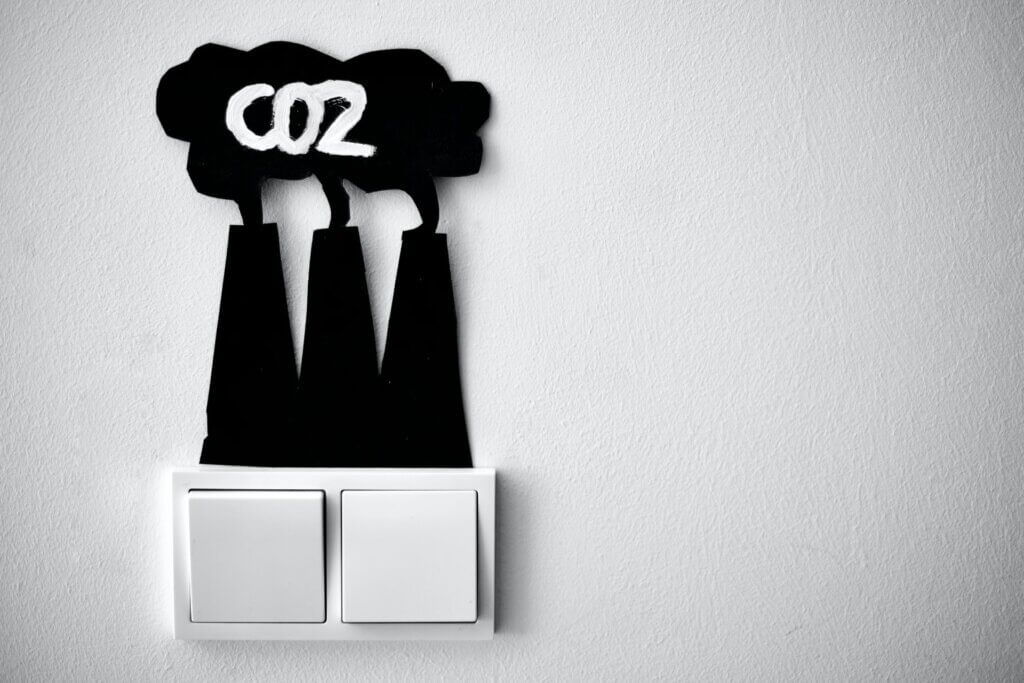The topic of climate and energy transition was completely revisited in the first quarter of this year because the Ukraine war clearly demonstrated the negative sides of dependence on fossil fuels such as gas, oil and coal. Now, renewable energies are proving to be more than just climate-neutral technologies for business and politics, because they have now also become significantly more relevant in terms of security policy. The more renewable energy we produce in our own country, the less dependent we are on foreign sources. Interest in renewable energies should increase significantly. The transformation of the economy towards greater CO2 neutrality will now, in all likelihood, proceed at a faster pace. We at WEROCK expressly welcome this development. We hope that renewable energies will now finally be expanded in Germany in a sensible manner. WEROCK supports the call for the dismantling of the 10H rules and a significant acceleration of the approval procedures for energy sources such as wind turbines and solar plants. One particular wish is for the expansion of storage capacity for renewable energies, so that when there is a surplus of green electricity, wind turbines do not have to be switched off but should continue to produce electricity. In order to realize this wish, it is necessary to install modern, area-wide storage technologies such as pumped storage power plants, batteries, heat storage or mechanical storage.
Emissions
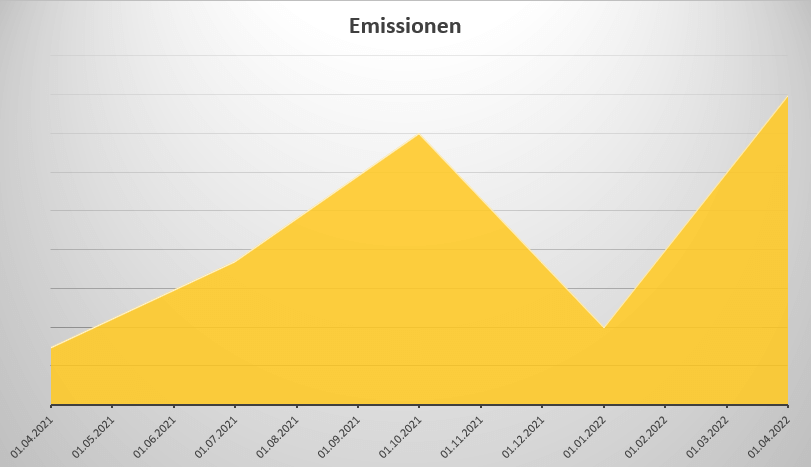
Temporarily, current developments will contribute to more CO2 emissions. WEROCK also generated four times more emissions in the first quarter of 2022 than in the last quarter and now already half as much emissions as in the entire year 2021. However, this is mainly due to the increased order situation. From now on, the recording of greenhouse gas emissions is also carried out by new data from the Federal Environment Agency, so that WEROCK can now calculate a more precise gradation and precise recording of its emissions for the different device classes.
Compensation
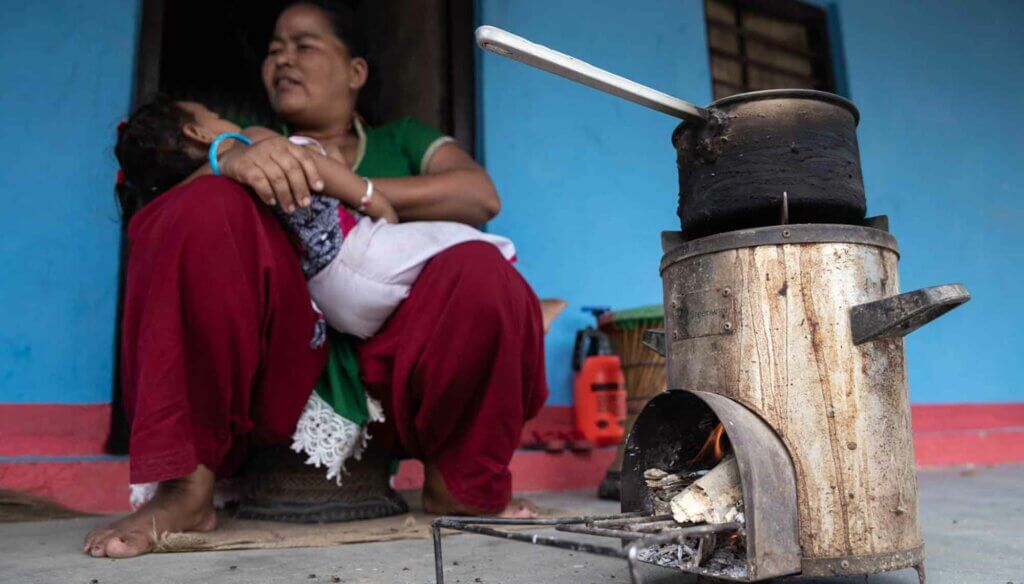
Part of our corporate philosophy is to offset emissions that cannot be avoided at the moment, so that we are at least arithmetically climate neutral. To offset our emissions, we invest money in sustainable projects. Our offsets for the first quarter of 2022 went to a project for cooking stoves in rural areas of Nepal. There have been 20,000 modern stoves installed in households so far, with another 50,000 already in the planning stages that will be made possible with the current round of funding. The project is being implemented by VNV Advisory, which is primarily involved in climate protection and development projects in rural Asian areas. Unlike conventionally used stoves, the improved cookstoves feature low dust pollution, higher efficiency, lower greenhouse gas emissions and reduced biomass consumption. The project tracks seven of the United Nations’ 17 Sustainable Developments Goals.
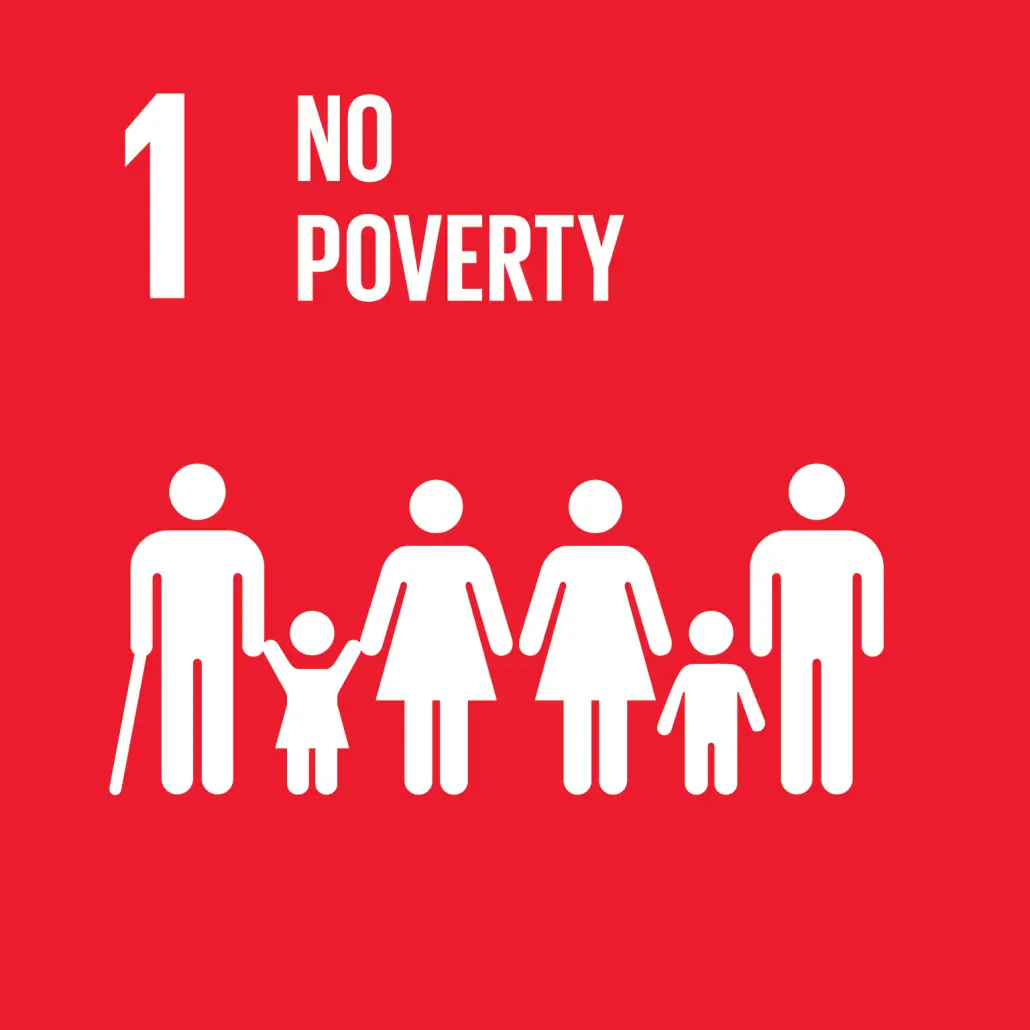
Goal 1 – No poverty
End poverty in all its forms everywhere
The project is located in the rural areas of mountainous Nepal, which still faces high poverty, high population density and lack of access to energy, contributing to its low economic development. In rural Nepal, traditional biomass-fueled three-stone cookstoves are still commonly used for cooking and heating.
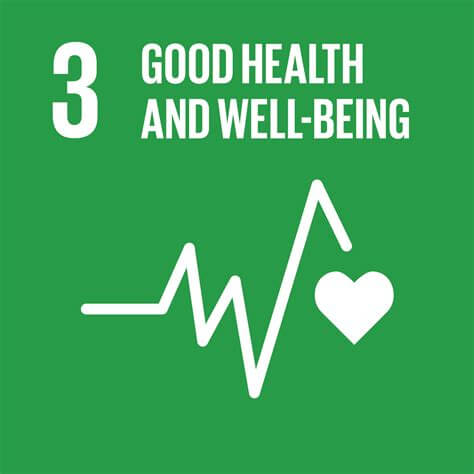
Goal 3 Health and well-being
Ensure a healthy life for all people of all ages and promote their well-being
In Nepal, too, cooking is usually done indoors. The cooking sites commonly used there produce a lot of smoke and bad air, as they are practically open fireplaces. The new cookstoves are partially enclosed, so less dust and ash gets into the surrounding air.
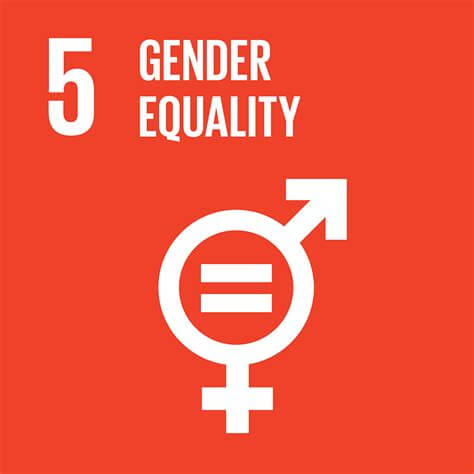
Goal 5 Gender equality
Achieve gender equity and empowerment for all women and girls
With these smoke-free stoves in their homes, women and children have better indoor air quality and smoke- and fire-related injuries are less likely to occur. Typically, women in rural areas spend much of their time gathering wood for cooking; with the improved cookstoves, women's daily drudgery is drastically reduced.
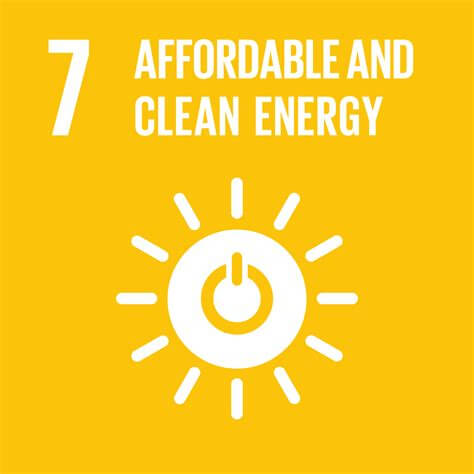
Goal 7 Sustainable and affordable clean energy
Ensuring access to affordable, reliable, sustainable and modern energy for all
These stoves burn fuel more efficiently and are designed to minimize smoke, particulate matter and other gaseous emissions. The increased efficiency significantly reduces the need for fuel.
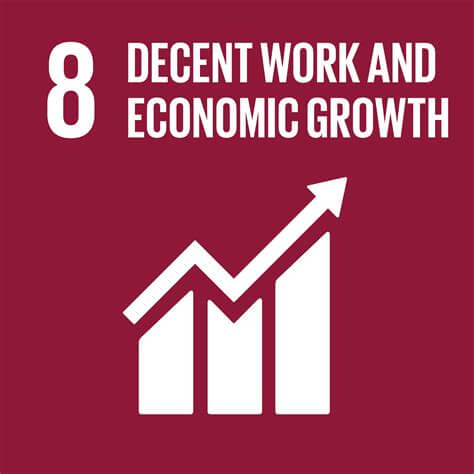
Goal 8 Decent work and economic growth
Promote lasting, broad-based and sustainable economic growth, full and productive employment and decent work for all
The local population also benefits from the creation of jobs and production of stoves. In addition, they acquire technical skills that they can also use at home. Overall, decent work is promoted as well as poverty is fought.

Goal 13 Climate protection measures
Take immediate action to combat climate change and its effects
In all compensation measures, the most important thing for us is, of course, target 13. Nevertheless, sustainable climate protection in developing areas is not possible without strengthening the local infrastructure, because ultimately the climate protection projects should also have a long-term character. In this project, the provision of new cooking facilities will significantly reduce energy consumption and thus also the resulting emissions. Unfortunately, the project has not published exact information on how much emissions can be saved per cooking station. However, other project providers also use this comparatively simple method to reduce CO2 emissions.
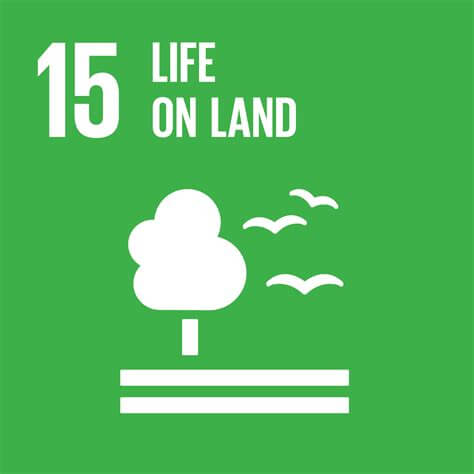
Goal 15 Life on land
Protect, restore and promote sustainable use of terrestrial ecosystems, manage forests sustainably, combat desertification, end and reverse land degradation, and end biodiversity loss.
This goal is achieved by focusing on the mountainous Nepalese areas and reduced emissions. Since fewer trees need to be cut down for cooking. According to the project provider, 600,000 trees could be saved through the first project phase.
Progress
WEROCK made progress in the area of packaging. We were now able to change the packaging of the Rocktab S208 model, which are now 26% smaller. In addition, the new packaging is made only of paper and is lighter overall. The previous foam in which the tablet was embedded is no longer needed. Other packaging is to be adapted in an equally sustainable manner in the near future, so that fewer and fewer trees have to be felled for our packaging.
Setbacks
WEROCK recorded a setback in the area of train freight. Due to high delivery times and an increased route risk due to the Ukraine conflict, it is not possible to use rail freight for our products until further notice. We monitor the situation on a daily basis and re-evaluate with each delivery of goods, weighing acceptable delivery times, environmental impact and costs.
Outlook
We expect emissions to remain about the same in the second quarter of this year, and the situation in the area of climate-friendly transport options will not improve either. Regardless of logistical developments, we will continue to generously overcompensate for emissions generated during transport so that we remain climate-positive in logistical terms.
